Parents and caregivers want children to grow up with healthy relationship skills. One skill that is rarely discussed before the teen years is the topic of consent. Teaching children how to honor another’s wishes about touch is important, and this skill can be learned early during childhood. Helping children to know what boundaries are and how to respect another’s personal space in early childhood will lead to better relationships across their life time.
Research has shown that some adults have difficulty understanding the concept of consent and honoring others’ wishes. Consent about touch has often been seen as black and white. Someone either says “yes” or “no” to touch, which is too simple and could result in someone crossing another person’s boundaries. There are so many ways people think about what consent is that it is easy to understand how consent can be confusing.
A way of understanding consent that even very young children can understand is through the empathy or having feelings of caring and concern for other people. The ability to empathize with the other person goes beyond simply “yes” or “no” about touch. Using empathy, even a young child can take into consideration, on an ongoing basis, the another person’s feelings, from their words, tone of voice, face expression, and body language to know if the other person wants or does not want a particular kind of touch. This is empathy-based consent.
By age four, children have the ability to pick up on and understand the way another person is feeling. Adults can begin teaching children this age to ask if it is ok to touch others and to listen to both their words and how they are looking and behaving. Adults can also model asking for permission to touch children as a way of teaching this positive habit. When youth are between 13 and 16 years old, their ability to understand how others increases. This is a wonderful time to speak about empathy-based consent for relationship partners/sweethearts. The young person will already have a strong foundation to apply to new experiences, like dating.
As a society, our understanding of consent and when to teach it is evolving. Adults can teach children empathy-based consent across childhood. Using empathy in relationships will ensure that children and youth will have positive relationships based on mutual respect. These important skills will last a lifetime.

